As psilocybin (a.k.a. “magic mushrooms”) become more accepted and understood, scientists and researchers are further exploring the psychedelic’s potential, and one increasingly popular finding is the indication that psilocybin may be effective in treating people with alcoholism.
Consuming alcohol is something that has been normalized and glorified for decades, although it contains little-to-no health benefits, and an overwhelming host of negative side effects (like high blood pressure, liver disease, digestive problems, and depression).
On the other hand, psychedelics have been strictly outlawed and dramatically demonized, despite centuries of evidence revealing their positive effects on a person’s mental, physical, and emotional wellbeing.
A new study hopes to accomplish two things with one powerful set of findings, challenging people to reimagine the way they look at alcohol – and also, psychedelics.
Recent study reveals psilocybin’s potential to reduce alcohol cravings
Much like other psychedelics, research on magic mushrooms has been inhibited by their federally illegal status. Because of this, the potential of this specific psychedelic still begs to be explored, but some inquisitive souls have already forged on with insights into psilocybin’s potential.
One such researcher is Dr. Michael Bogenschutz, the director of the NYU Langone Center for Psychedelic Medicine at NYU Langone Health. Bogenschutz recently conducted an eight-month trial to see how magic mushrooms affected alcohol use disorder – one of the first and largest studies of its kind.
Over the eight-month period, 93 men and women between the ages of 25-65 (who all reported to average about seven alcoholic drinks per day) were selected to receive either two average psilocybin doses or antihistamine pills, which was utilized as a placebo. The participants attended twelve psychotherapy sessions alongside the drug intake, allowing for a full-scope approach to psilocybin’s effect on both the body and mind.
“Our findings strongly suggest that psilocybin therapy is a promising means of treating alcohol use disorder, a complex disease that has proven notoriously difficult to manage,” Bogenschutz said in an interview.
Shortly after the study commenced, over 80 percent of the participants who were administered the psychedelic treatments had drastically reduced their alcohol intake. Conversely, just over 50 percent of the placebo-treated people reported the same.
By the end of the study, 50 percent of the psilocybin patients quit drinking altogether, while about 25 percent of those with the antihistamine pills reported the same.
At the end of the treatment, all participants were offered a third psychedelic dose, ensuring those who received the placebo got a chance to experience what the drug has to offer.
Psilocybin as a possible treatment for addiction
While this study focused on magic mushrooms as not only an alternative to alcohol, but a total deterrent, it implies a lot more potential for the psychedelic beyond alcohol use disorder.
Reliance on alcohol stems from addiction, something that many people suffer from in one way, shape, or form. And researchers haven’t just found psilocybin to be a helpful alternative to alcoholism – it also seems like the psychedelic has a powerful effect on changing a person’s way of thinking.
Something about the dreamy, magical, “trippy” aspect of a shroom experience seems to have a major say in how a person approaches and understands the world, both during the trip and beyond.
“Everyone’s experience is different,” Bogenschutz said in an interview. “People’s brains appear to be able to kind of tailor the effects of the experience, depending on what they come to the situation with and what they need out of the experience.”
Because of the differentiation in experience, it’s difficult to pin down what exactly it is about psilocybin that seems to have a reversing effect on a person’s addiction. However, it definitely seems to play a significant role.
In the case of alcohol use disorder, deputy scientific director of the Clinic of Addictive Behavior and Addiction Medicine at the Central Institute of Mental Health in Mannheim, Germany, Wolfgang Sommer believes that people with the disease tend to have very strong, unflinching beliefs about themselves, and it can be almost impossible to sway these opinions.
However, tripping on shrooms just might be the exception.
The psychedelics allow consumers to expand their mind, reconsider the way they view themselves and the world, and come away with kinder, more objective and thought-out ideas than ever before.
This particular study revealed that while psilocybin tends to have a largely positive effect on someone trying to quit alcohol addiction, it should go hand-in-hand with talk-therapy to really instill the new ideas and perspectives that shrooms tend to open your brain up to explore.
There’s definitely still a ways to go with psilocybin research and how this style of therapy might be administered to patients in need, but this study has certainly pushed the needle, ignited the conversation, and opened the door for other curious researchers to dig into similar findings.
Need a little more Bluntness in your life? Subscribe for our newsletter to stay in the loop.
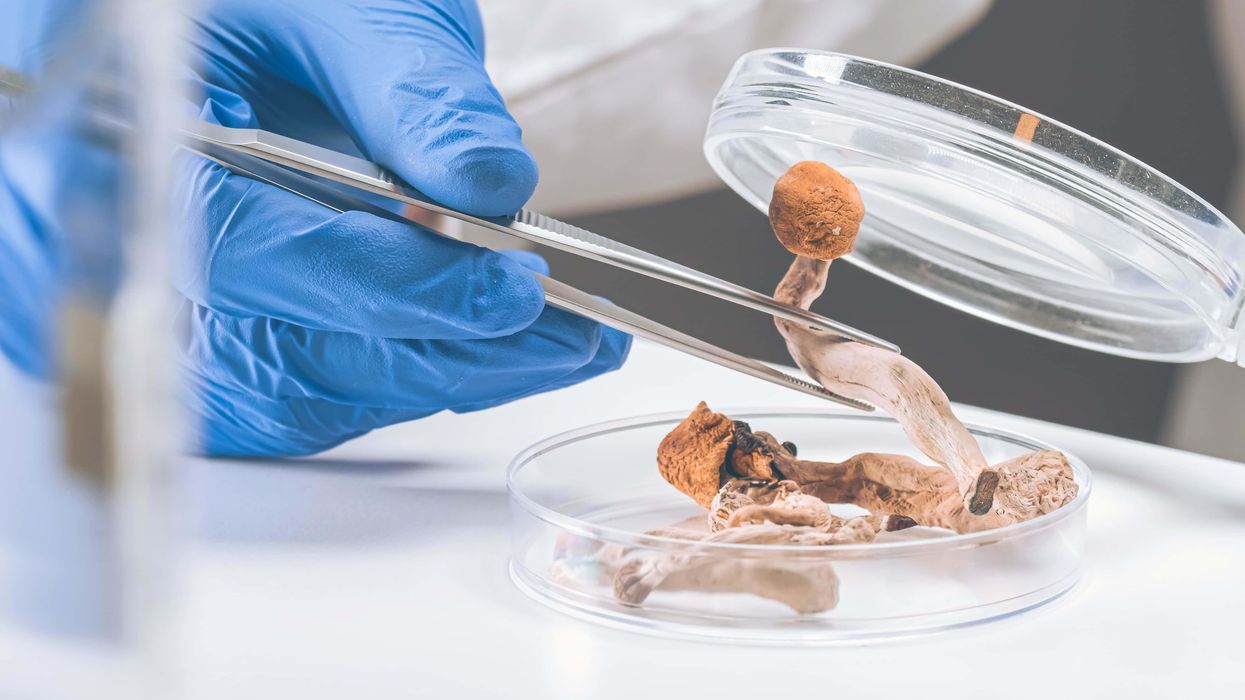


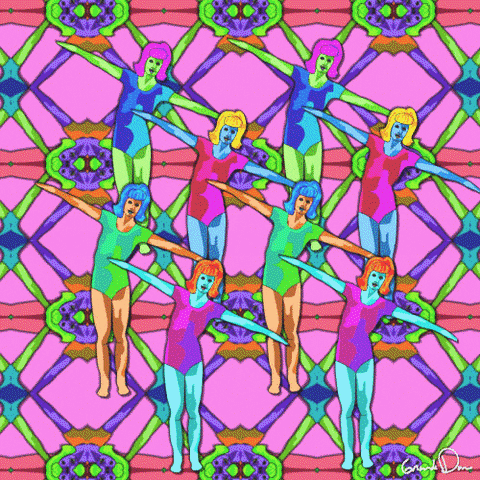
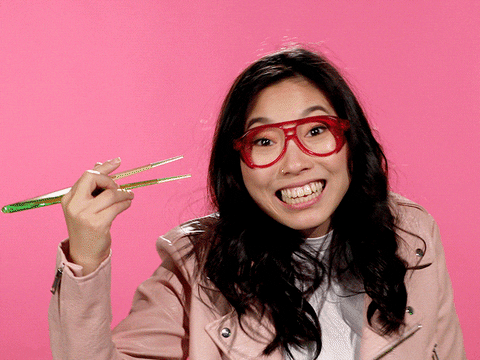
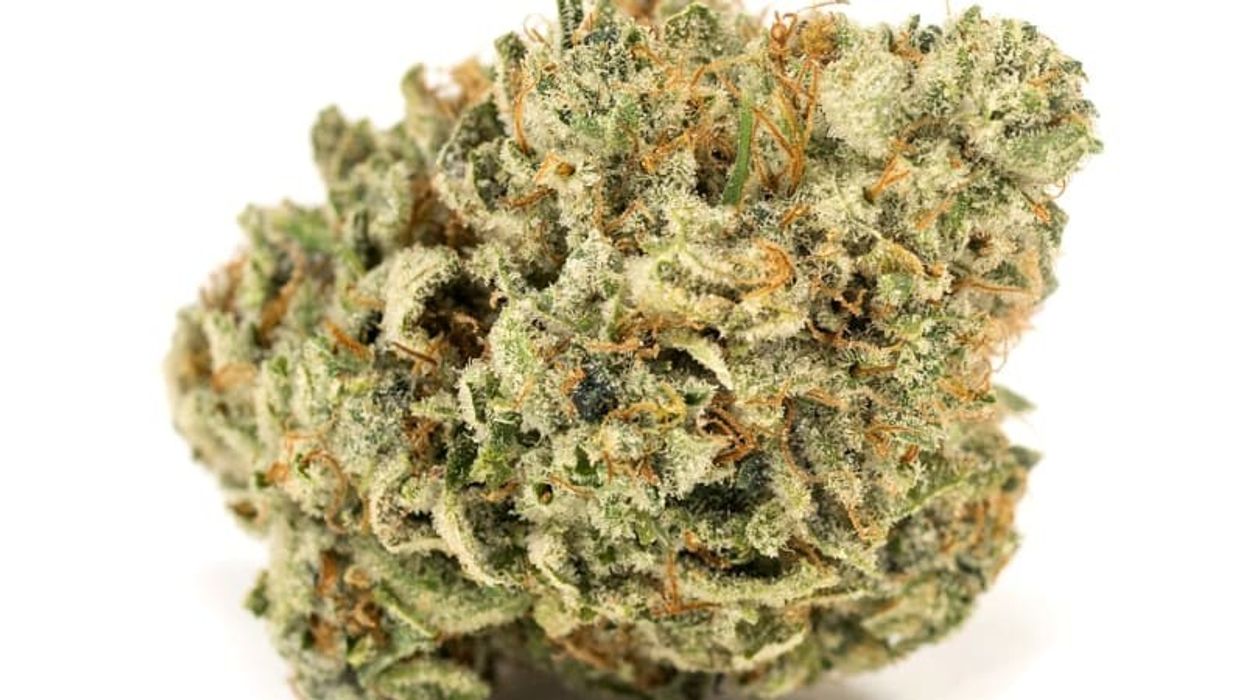

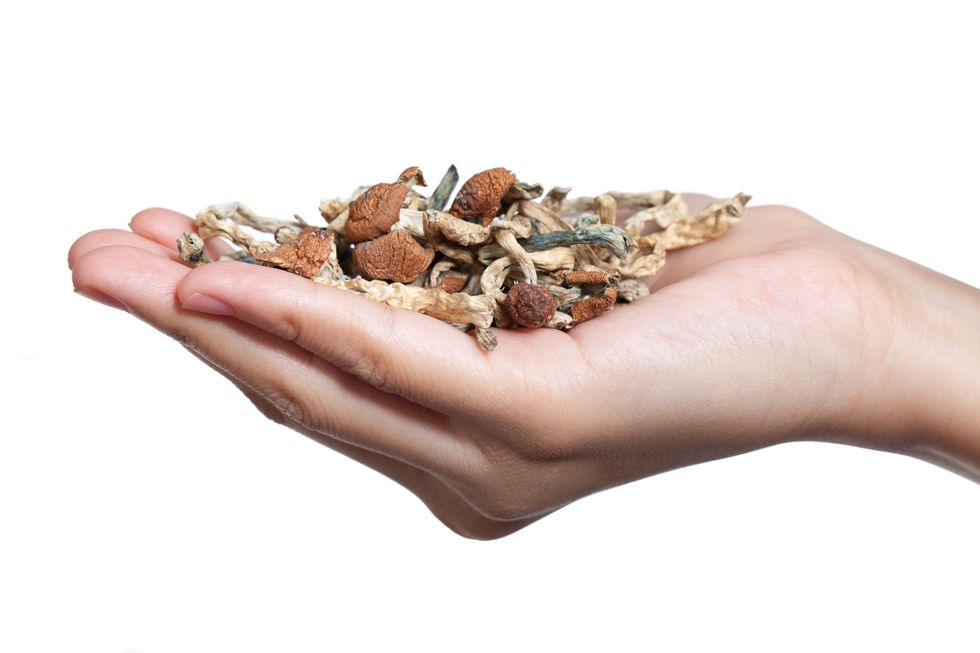 How to Make Mushroom Tea - The Bluntness
null
How to Make Mushroom Tea - The Bluntness
null
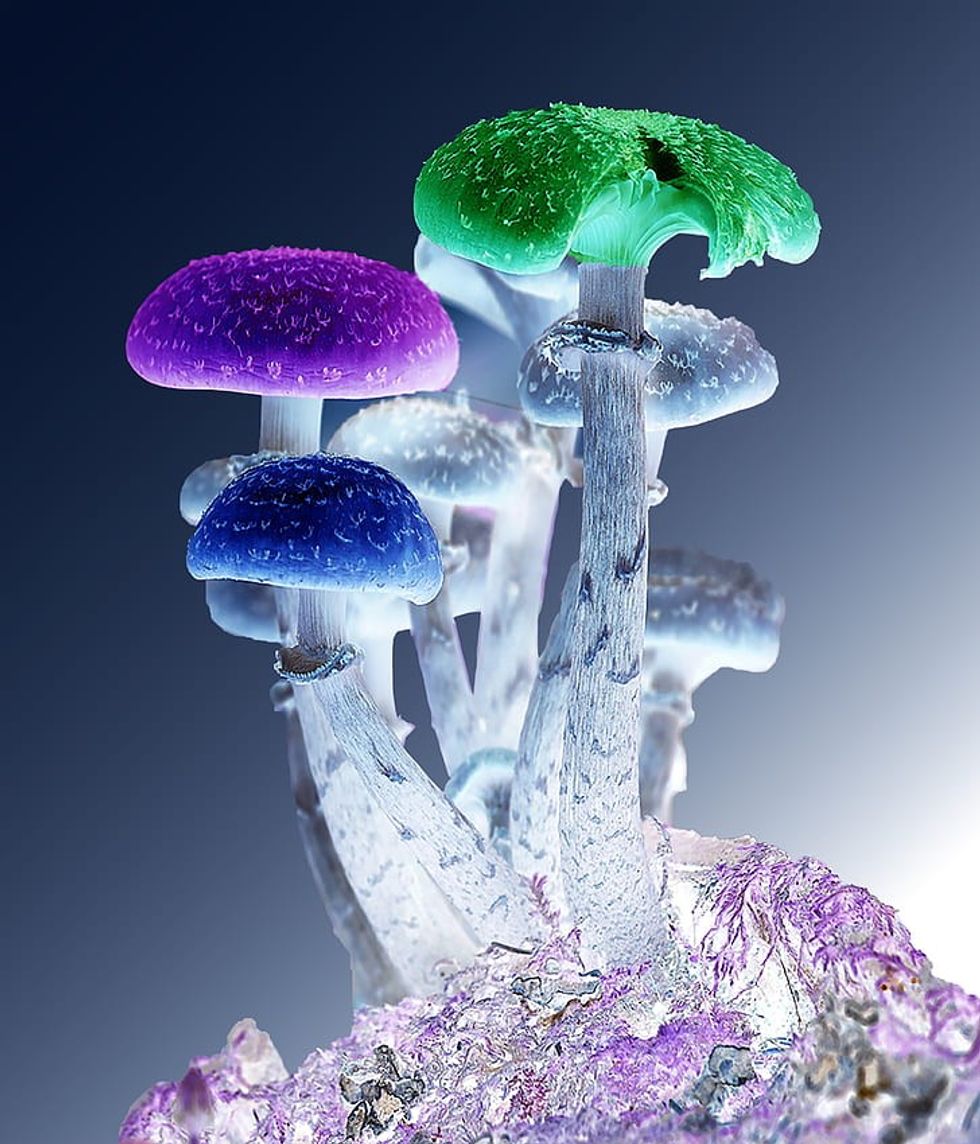 How to Make Mushroom Tea - The Bluntness
www.pickpik.com
How to Make Mushroom Tea - The Bluntness
www.pickpik.com





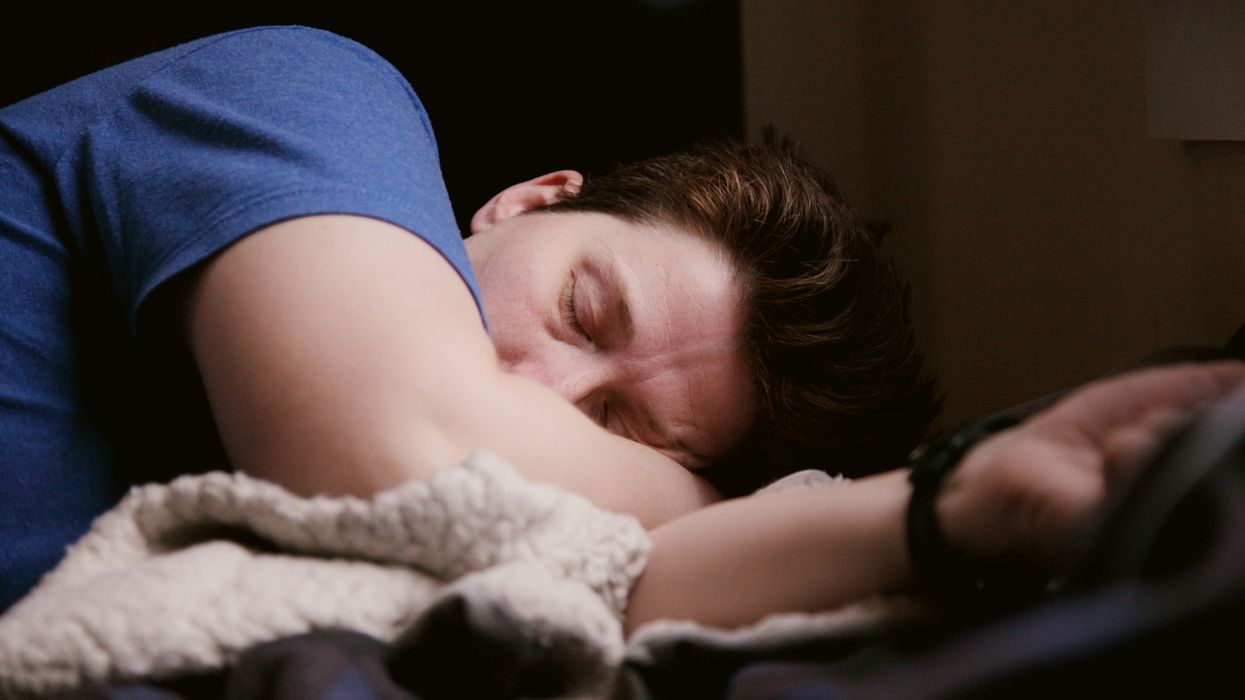

 FDA Approves Landmark Cannabis for PTSD in Veterans - The Bluntness
Photo by Wesley Tingey on Unsplash
FDA Approves Landmark Cannabis for PTSD in Veterans - The Bluntness
Photo by Wesley Tingey on Unsplash




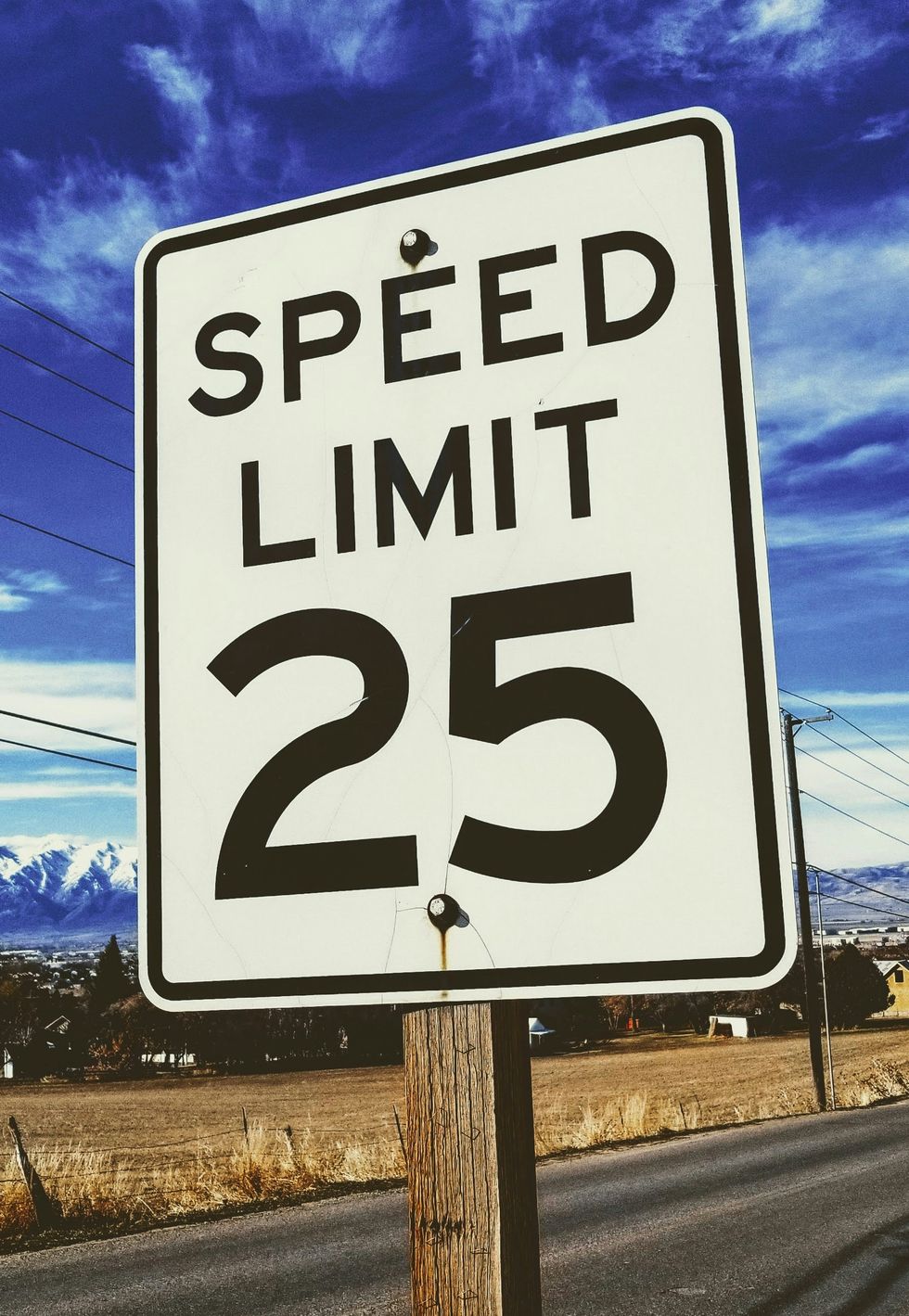



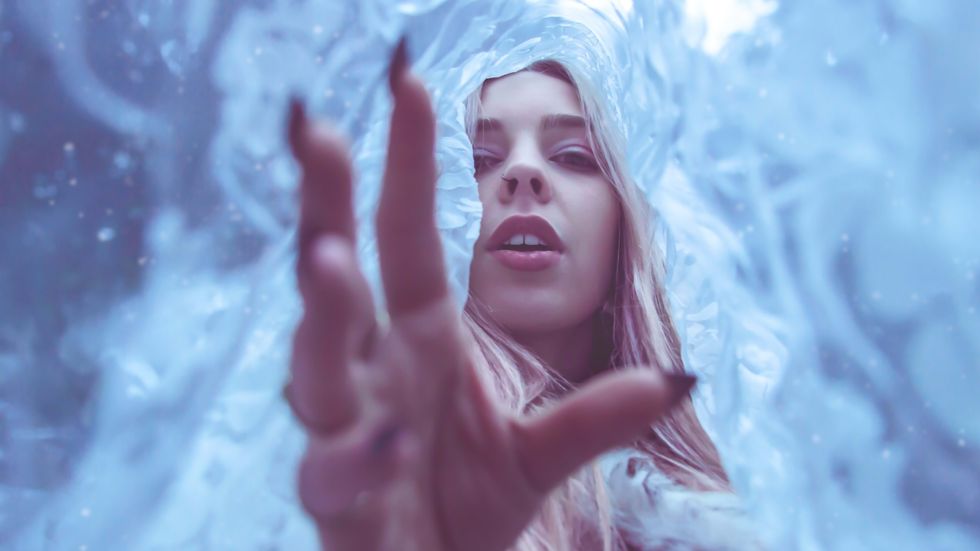 What Are Psychedelics?
What Are Psychedelics?